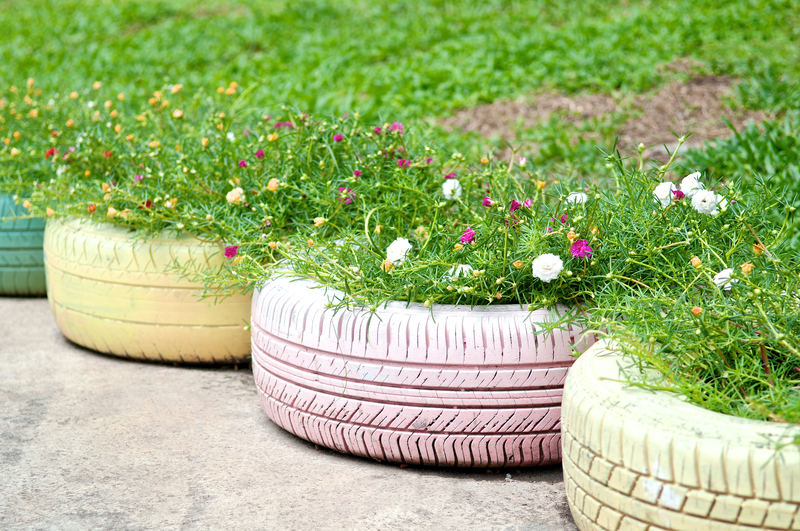Understanding Hard Rubbish: Definitions and Categories
Hard rubbish, often referred to as bulky waste, comprises items that are too large or heavy to be disposed of through normal waste collection services. These items are typically household objects that can include furniture, appliances, and other large items that have reached the end of their useful life. Here are some common categories of hard rubbish:
- Furniture: Beds, sofas, chairs, tables, wardrobes.
- White goods: Old refrigerators, washing machines, dryers.
- Electronic waste: Outdated televisions, computers, and other electronics.
- Miscellaneous bulky items: Carpets, mattresses, old bicycles.

Challenges Associated with Hard Rubbish Disposal
Environmental Impact
One of the most pressing challenges of disposing of hard rubbish is its environmental impact. These items can take up significant space in landfills, where they can take years to decompose. Additionally, certain items contain hazardous materials that can leach into the soil and water, causing further environmental damage.
Logistical and Space Constraints
The size and weight of hard rubbish pose logistical challenges. Transportation and manual handling of these items often require specialized equipment and labor. Furthermore, urban areas face space constraints, making the storage and management of hard rubbish increasingly complex.
Costs Involved
Disposing of hard rubbish can be costly both for local governments and for homeowners. Municipalities often need to allocate budget resources for the collection, transport, and proper disposal of these bulky items, and these costs are often transferred to residents.
Legal and Compliance Issues
Disposing of hard rubbish is subject to various regulations that differ by region. Failure to comply with these can lead to fines and penalties. Thus, understanding local regulations is crucial for both individual and municipal compliance.
Effective Disposal Solutions for Hard Rubbish
Council Collection Services
Many local councils offer scheduled hard waste collection services to residents. These services are often free or come at a nominal fee. Residents are required to book a collection, during which they can place their hard rubbish at a specified location for pickup.
Private Waste Removal Services
When municipal services are not available or convenient, private waste removal companies can be hired. These companies provide specialized services for collecting and disposing of hard rubbish, often offering flexible scheduling to meet customer needs.
Recycling and Reuse Options
Recycling is a sustainable option for dealing with hard rubbish. Many materials, such as metals from old appliances or wood from furniture, can be recycled and repurposed. Additionally, many charities accept donations of used furniture and appliances, provided they are in good condition. This not only reduces waste but also benefits those in need.
Eco-friendly Disposal Centers
Eco-friendly disposal centers are dedicated facilities that handle hard rubbish with a focus on minimal environmental impact. These centers are equipped to sort and process various types of waste, ensuring that recyclable materials are recovered and non-recyclable components are disposed of responsibly. Residents are encouraged to take their bulky items to these centers when possible.
Do-It-Yourself (DIY) Projects
For the creatively inclined, turning hard rubbish into DIY projects can be both rewarding and eco-friendly. Old furniture can be refurbished, and electronic components can be repurposed into new inventions. This not only reduces waste but also adds a personal touch to belongings.

Reducing Future Hard Waste: Prevention Strategies
Opting for Modular and Compact Furniture
To minimize future hard waste, consumers can select modular, compact furniture that can be easily dismantled and reused or recycled. This approach not only addresses space constraints but also facilitates easier waste management when the furniture reaches the end of its life cycle.
Community Yard Sales and Swap Meets
Organizing community yard sales and swap meets provides opportunities to trade usable items, keeping them out of landfills. Residents can exchange items they no longer need for those they find useful, thus fostering a culture of reuse and sustainability.
Educating Communities on Waste Management
Education remains a powerful tool in waste management. Community programs that inform residents about sustainable waste practices can lead to significant reductions in hard waste volumes. Topics may include recycling techniques, benefits of donating usable items, and impact of waste on the environment.
Conclusion
Managing hard rubbish effectively requires a combination of informed decision-making, community involvement, and strategic planning. By understanding the challenges associated with hard rubbish disposal and exploring innovative solutions, individuals and communities can work together to minimize the environmental impact while satisfying legal and logistical necessities. By focusing on prevention and sustainability, we can create a cleaner, greener future for generations to come.